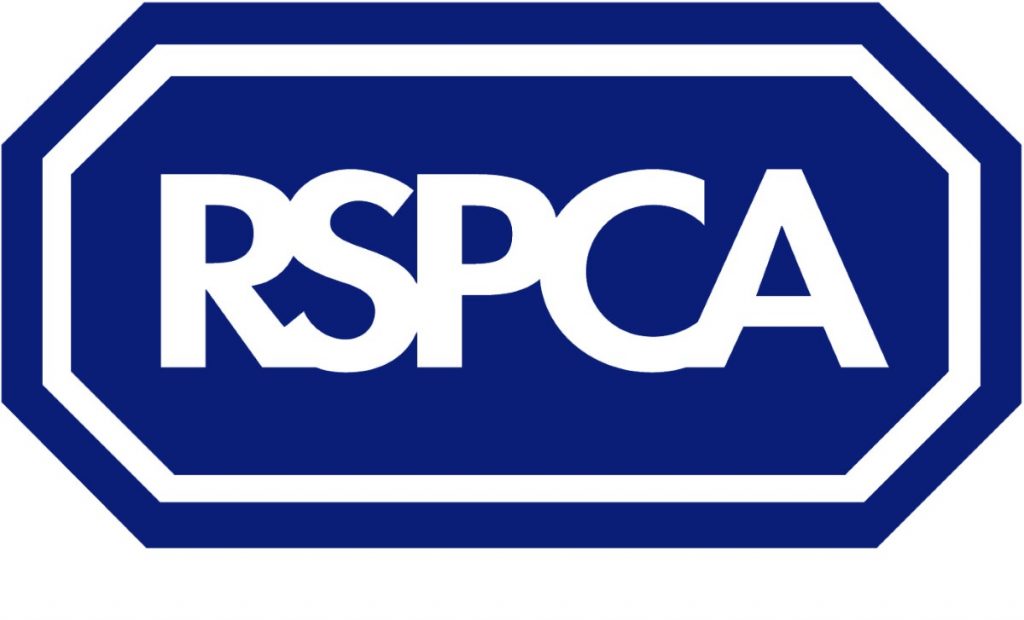Multiple horse case finally ends in success for RSPCA
Defendants’ Judicial Review dismissed
A case in which more than 100 horses were found in dreadful conditions at a family’s property in Buckinghamshire finally ended this week – more than five years after it began.
On Tuesday 12 March the High Court of Justice dismissed five questions asked about points of law by the legal team for James Gray and Julie Gray, finally ending a case which has been drawn out and cost the RSPCA £2.4 million in boarding, veterinary, transport and legal fees*.
RSPCA deputy chief inspector Kirsty Withnall investigated the original case. She said: “We are pleased that this has finally been brought to a conclusion. As well as more than 100 horses, which were living in terrible conditions, we found another 32 bodies of horses, many of which had been left in pens with the surviving animals.
“The defendants in this case consistently refused to sign over the horses, costing the RSPCA hundreds of thousands of pounds in boarding and veterinary fees as we were unable to rehome them for two and a half years. This also denied the animals the chance to settle into new homes for the entire duration of the case and appeal.
“This week’s judgment supports what we knew all along – that we had to bring this case to safeguard the welfare of those many horses, the vast majority of which are now in new and happy homes.”
James Gray, a horse trader previously of Spindle Farm, Chalk Lane, Hyde Heath, Amersham, was convicted in May 2009 at Central Buckinghamshire Magistrates’ Court in Bicester of 11 offences under the Animal Welfare Act 2006 after RSPCA inspectors found horses in horrific conditions at his premises in early January 2008.
His wife Julie Gray was found guilty of failing to meet the welfare needs of some of the horses.
For each of the charges Mr Gray was sentenced to 24 weeks’ in prison and was disqualified from keeping, dealing in or owning horses, ponies and donkeys for life. He also had to pay £400,000 in costs. Julie Gray was sentenced to a community order and disqualification order. She had to pay £750 in costs.
Mr Gray’s appeal was dismissed by Aylesbury Crown Court in relation to nine offences and he was ordered to pay an extra £200,000 in costs. Mrs Gray’s appeal failed and she was also ordered to pay an extra £200,000 in costs.
James Gray also lost his appeal against costs.
*£1.7 million was spent on veterinary, boarding and transportation costs for the horses. Legal fees accounted for £700,000.
-ends-
Notes to editors
Photos from the original case are available, please contact the press office on 0300 123 0244/0288 to receive them.
Julie Gray was successful in her appeal against the previous £200,000 costs order and the Crown Court will now consider an appropriate costs order.
The questions asked to the High Court by the Grays’ legal team were:
1) Did the Crown Court correctly interpret the words “ought reasonably to have known” as they appear in s.4(1)(b) of the Animal Welfare Act, as providing an objective basis upon which to determine whether a defendant has committed an offence of causing unnecessary suffering under s.4(1) of the Act. Answer – Yes
2) Did the Crown Court correctly interpret the words “such steps as are reasonable in all the circumstances”, as they appear in s.9(1) of the Act, as providing an objective standard for deciding whether a defendant has committed an offence of failing to ensure that the needs of an animal are met to the extent required by good practice under s.9 of the Act? Answer – Yes
3) When it ruled that the seizures which took place on the 3rd, 4th and 9th days of January 2008 of equines on the appellants’ premises were lawful, based as they were upon the oral rather than the written certifications of veterinary surgeons at those premises, did the court fundamentally misinterpret the language and object of s.18(5) of the Act? Answer – although the certifications ought to have been in writing, the searches were nevertheless lawful
4) Was the Crown Court, sitting, as it was, in its appellate capacity, acting in excess of its jurisdiction when it handed down a deprivation order against the appellants pursuant to s.33 of the Act? Answer – No
5) Is a conviction under s.9 of the Act bad for duplicity if it is founded upon the same findings of fact as a conviction under s.4 of the Act? Answer – No (on the facts of this case)
RSPCA, Wilberforce Way, Southwater, Horsham, West Sussex RH13 9RS
Press office direct lines: 0300 123 0244/0288 Fax: 0303 123 0099
Duty press officer (evenings and weekends) Tel 08448 222888 and ask for pager number 828825
Email: press@rspca.org.uk Website: www.rspca.org.uk
Dogs come in all shapes, sizes and breeds! Check out our top tips for
canine care:
http://blogs.rspca.org.uk/insights/2013/01/03/meeting-your-dogs-welfare-needs/





-01.png)